‘I see no ships’ is reputedly what Admiral Nelson said in 1801 at the battle of Copenhagen when he deliberately held a telescope to his blind eye. He didn’t want to acknowledge a flag signal ordering him to retire from the battle. He actually said: ‘I have only one eye, and I have a right to be blind sometimes… I really do not see the signal!’. He knew he was ignoring an order, but felt he could honestly claim not to have seen it.
It is human nature to choose what we see, especially if we don’t want to acknowledge it. Experts on a risk committee present a register of risks to the board: a list of potential disruption events to avoid or mitigate, but it won’t be an exhaustive list, there are others we just don’t see.
Why do boards so often fail to see risks, many of which are hidden in plain sight? There are at least three causes of risk blindness by boards:
- Ignorance – risk is not seen because we don’t know it even exists.
- Arrogance – risk is not acknowledged because we won’t admit to it.
- Bias – risk is not recognised because the collective mind focuses to exclude it.
- Ignorance can be tamed through gaining knowledge, or additional information. Sometimes it is better to defer a board decision until more accurate information is available. The risk register only lists risks that are imagined or envisaged, there are others.
- Arrogance or hubris is a tendency boards exhibit when they feel they know best or have an agenda blind to other options. Often driven by ideology or an irrational belief system, this is wilful blindness, a refusal to acknowledge an inconvenient risk, hoping this negates it.
- Bias is a condition boards exhibit due to the need for consensus. The expectation of success or progress encourages a mindset of ‘groupthink’ or confirmation bias, that shuns alternative contrarian views, often necessary to reach balanced judgement.
Risk blindness is more common than we admit and can in extreme cases lead to risk denial. How do you prevent risk blindness or risk denial from warping your perception of risk? It requires the discipline of curiosity and exploration. A board that fails to be inquisitive soon becomes complacent: There is none so blind as those that will not see.
So who is coaching your board on risk perception?

